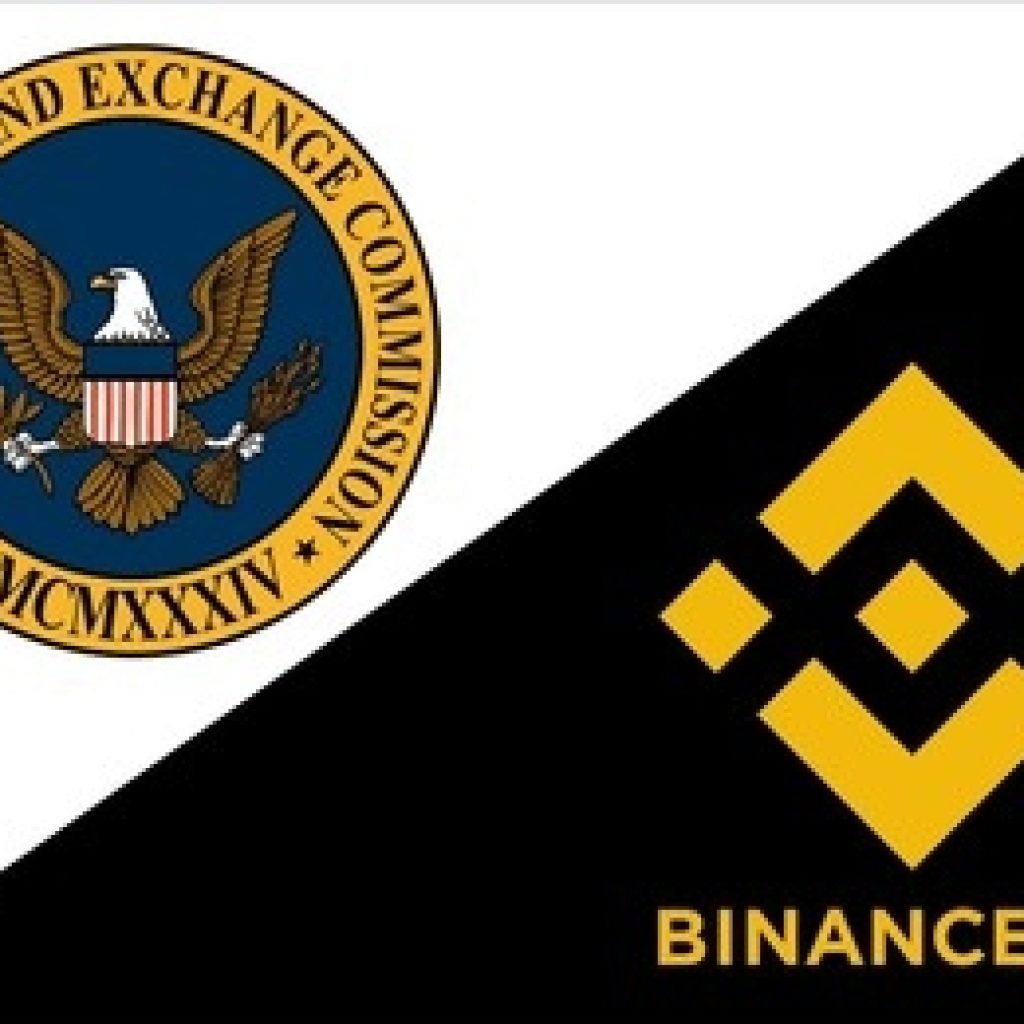US Commodity Futures Trading Commission (CFTC) Commissioner Caroline Pham, while appearing on Bloomberg Markets: The Close, stated that recent court decisions would provide much-needed clarity in cryptocurrency regulation. Notably, the ripple effect of the significant court ruling in favor of San Francisco-based fintech firm Ripple will set the stage for more refined rules in the crypto realm.
Last year, Pham predicted that clarity around defining what constitutes a security would first emerge from the courts. Speaking recently, she noted that her prediction has come to fruition following several key court opinions. Among the landmark decisions was the recent ruling on July 14, where Judge Analisa Torres of the Southern District of New York adjudged that Ripple’s XRP did not qualify as a security when sold to retail investors on digital asset exchanges.
This ruling did not sit well with the Chair of the Securities and Exchange Commission (SEC), Gary Gensler, who expressed his disappointment. Despite Gensler’s previously implied notion that all digital assets, except Bitcoin, are securities, the SEC has not explicitly confirmed this position. Gensler, however, vowed to continue enforcement actions, even following Ripple’s recent victory.
A call for holistic approach and embracing real-world asset tokenization
In the face of these recent rulings and ongoing debates around cryptocurrency regulation, Pham extended an invitation to her fellow regulators, including the SEC, for a collaborative approach to regulation. The commissioner anticipates working in regulatory groups to forge a comprehensive strategy for dealing with cryptocurrencies.
Pham also touched on the growing trend of real-world asset (RWA) tokenization. She highlighted the vast opportunities this presented in modernizing the financial markets. “The tokenization of money market funds on the blockchain has real opportunities,” Pham commented. This perspective aligns with the increasing interaction of traditional finance companies with real-world asset protocols, a trend that has seen several RWAs outperforming DeFi assets recently.
Pham’s insights underscore the optimism of the US financial watchdogs for a more precise and effective regulatory framework for cryptocurrencies. As recent court decisions continue to shape the definitions and classifications of digital assets, it is clear that regulatory clarity in the crypto space is not far off.





